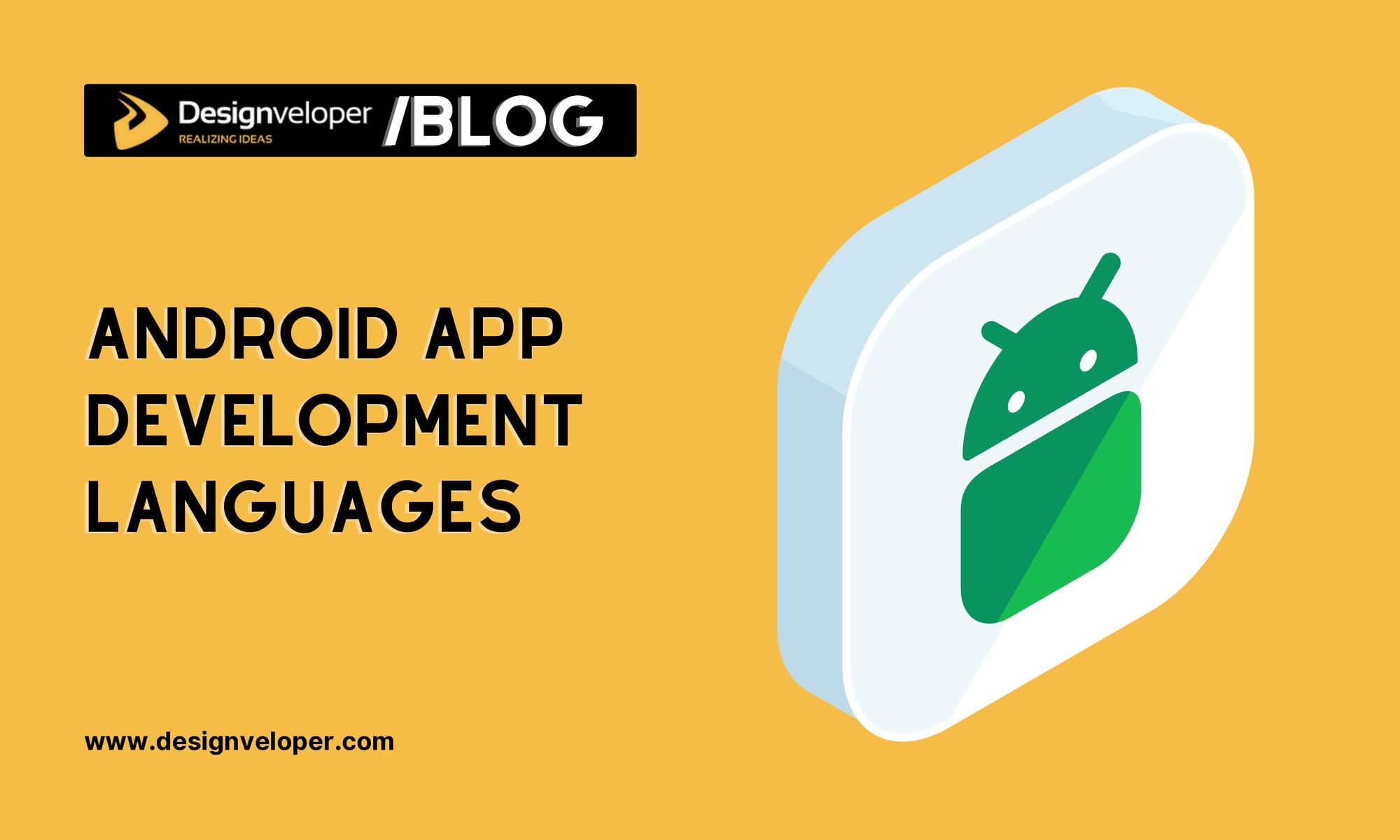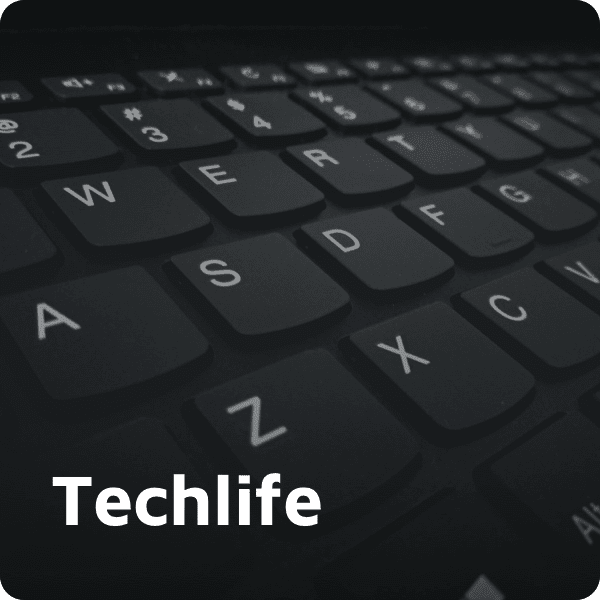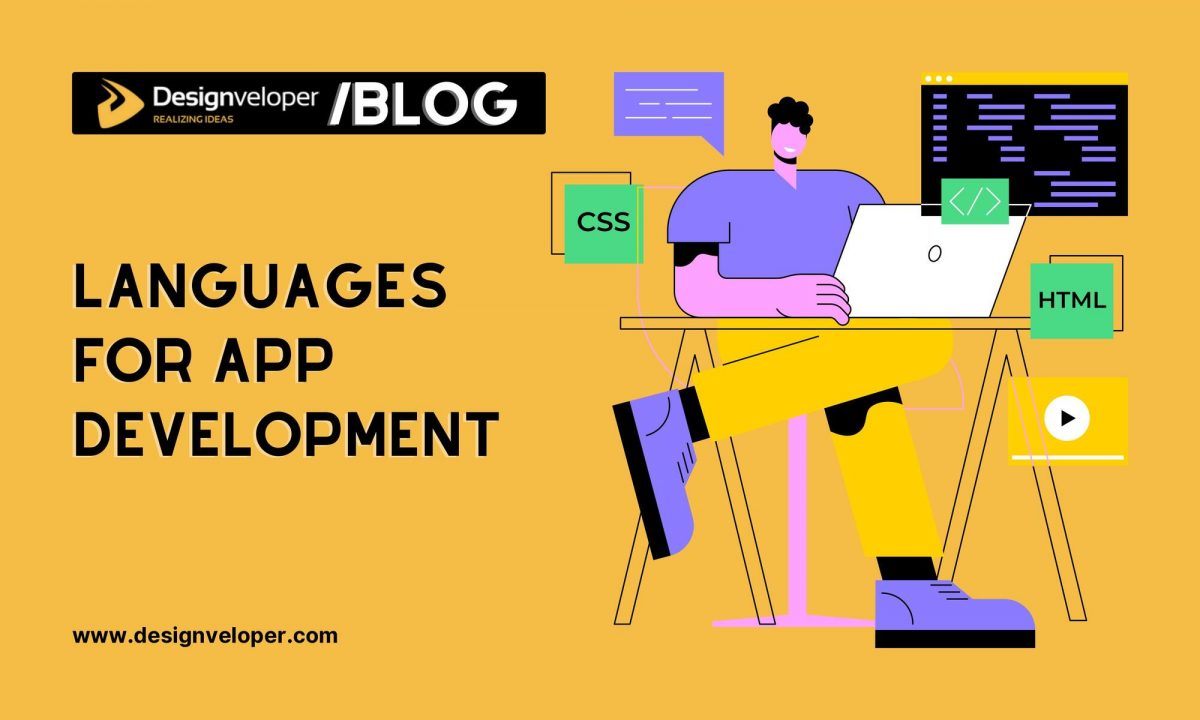Android app development is a cornerstone of the mobile app development industry. It has grown tremendously since its inception in 2008 and now makes up 97% of the smartphone market share. If you want to tap into the fast-growing and lucrative app development industry, it’s essential to learn how to program in one or more of the top 10 Android app development languages: Kotlin, Java, C++, C#, and Dark.
Within this article, we will go over each language. Why it should be your choice for Android app development languages and what tools are available to get you started?
10 Best Android App Development Languages That You Should Know
Exploring the world of mobile app development? Discover the top 10 programming languages essential for Android app development. This guide introduces you to the core languages you should know for your Android development course, ensuring a strong foundation for creating mobile applications.
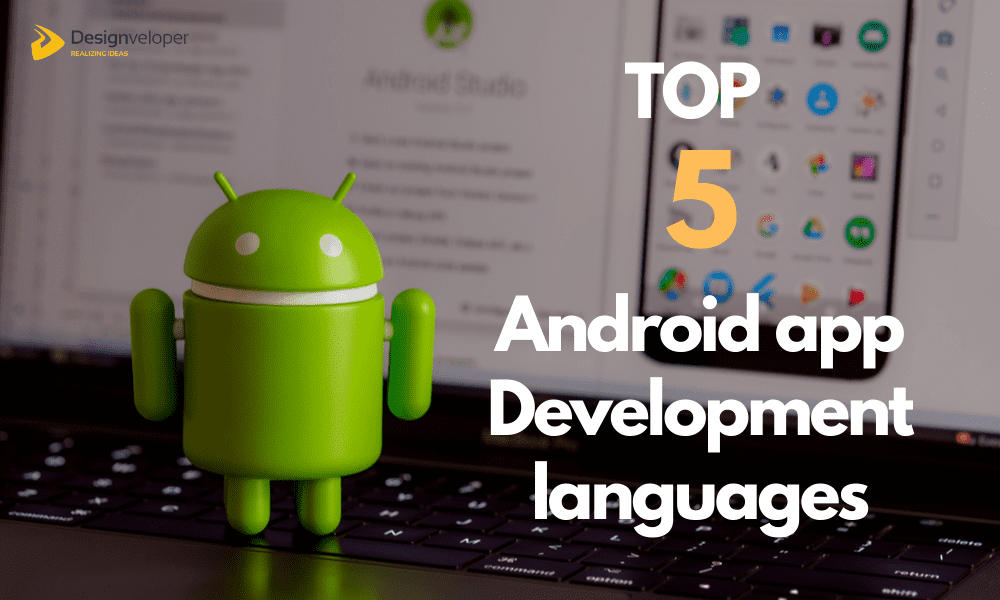
1. Kotlin
The first language we’ll discuss is Kotlin. It’s a statically typed language that runs on the Java Virtual Machine (JVM). Kotlin offers a concise code syntax which makes it one of the most popular choices for Android app developers. Java is one of the oldest programming languages in existence. It’s still used today not only because of its extensive libraries but also because it can be cross-compiled. And many more,…
One of the programming languages used by top companies for Android app development is Kotlin – a statically typed programming language that was created by JetBrains.
It has a concise code syntax that makes it one of the most popular choices for Android app developers. It can be compiled to JavaScript or native code and runs on the Java Virtual Machine (JVM).
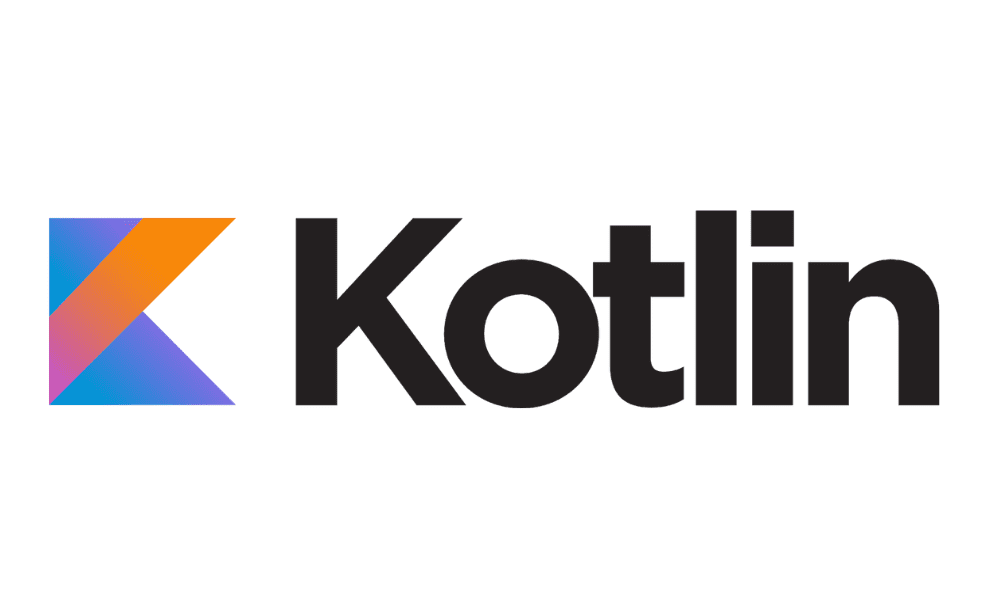
The main benefits of using Kotlin for your next project are:
- Easier to read code
- Less verbose
- A concise set of libraries
- Easy refactoring
- Faster compilation time
Recommended reading: Android App Development Guide: A Comprehensive Guide
Pros
Kotlin offers several advantages over other programming languages. It’s a modern language with fewer outdated elements, resulting in a cleaner and less confusing codebase. Being a compiled language, it facilitates scaling your application across various platforms, including Java-based mobile apps.
Kotlin also incorporates helpful features such as null safety and lambdas. Null safety prevents your app from crashing due to null pointer exceptions, ensuring smoother operation. Lambdas streamline coding by enabling concise one-line methods that can be executed seamlessly within your app’s logic.
Cons
Kotlin is a great choice for Android app development due to its conciseness and type-safety compared to Java. However, it has some drawbacks to consider.
Firstly, debugging in Kotlin can be challenging, and there have been compatibility issues with older Android versions and development tools. Some users have noted a lack of comprehensive documentation for certain features.
Additionally, Kotlin’s newness means it may have limited support on older devices, and as an evolving language, it requires ongoing adaptation to keep up with changes.
FURTHER READING: |
1. Top 4 Android App Development Companies in the USA for 2022 |
2. iOS and Android App Development: Market and Development Comparison |
2. Java
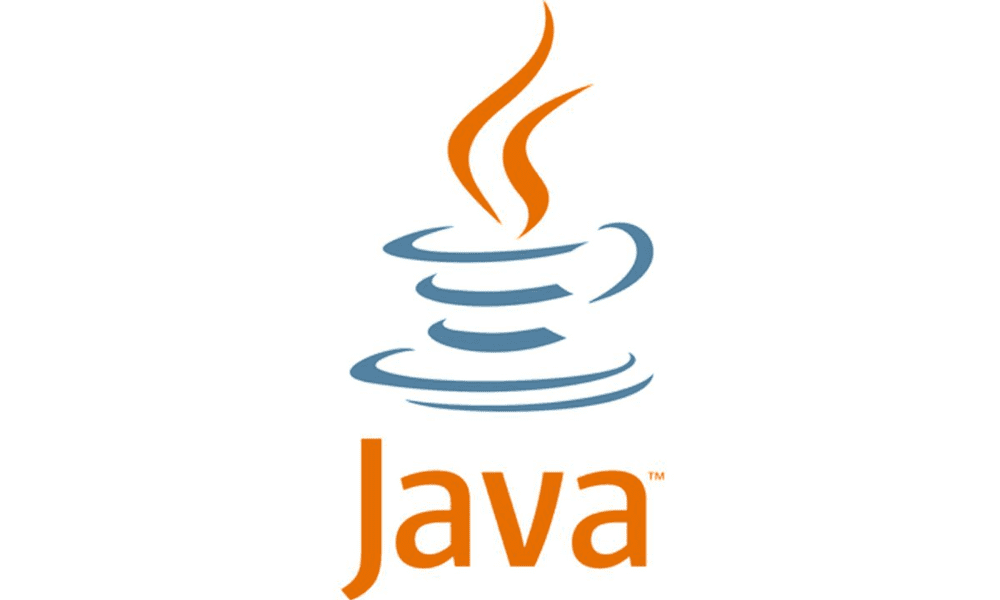
Java is a general-purpose programming language that was designed to have as few implementation dependencies as possible. This makes it usable across many different mobile application development platforms. For example, it can be run on any operating system that has a compatible virtual machine installed.
Java is the most popular Android app development language because of its simplicity and availability of the best resources to learn javascript. It’s easy to get started with Java because it’s one of the most widely used programming languages in existence. Java is also compatible with many different platforms which means you can use whichever operating system you are most comfortable with while still being able to use Java.
FURTHER READING: |
1. How to Choose iOS App Development Language for Your Project |
2. 11 Popular React Native App Examples |
3. Why Choose React Native for Your Mobile App Like Bloomberg or AirBnB |
Pros
Java is a great choice for developers who want to work with Android app development. Along with Kotlin, Java provides the best compatibility for apps on Android devices. If you’re going to be releasing your app on the Play Store, you’ll need to make sure that it’s compatible.
Along with being cross-compiled, Java is also one of the easiest languages to learn and use. This is an important factor for those who are new to programming.
Another benefit of Java is its extensive code libraries which provide plenty of resources for developers when they get stuck or want to make improvements. With these libraries, it’s easy to find any project-specific information you need without having to spend time searching through forums or social media groups.
Cons
Despite being one of the most popular computer programming languages in the world, it still has its cons. One issue is that Java can be difficult to master and requires years of experience to be truly effective. It also offers an extensive amount of libraries which can make it difficult to learn how to program for Android app development without needing to study extensively.
3. C++
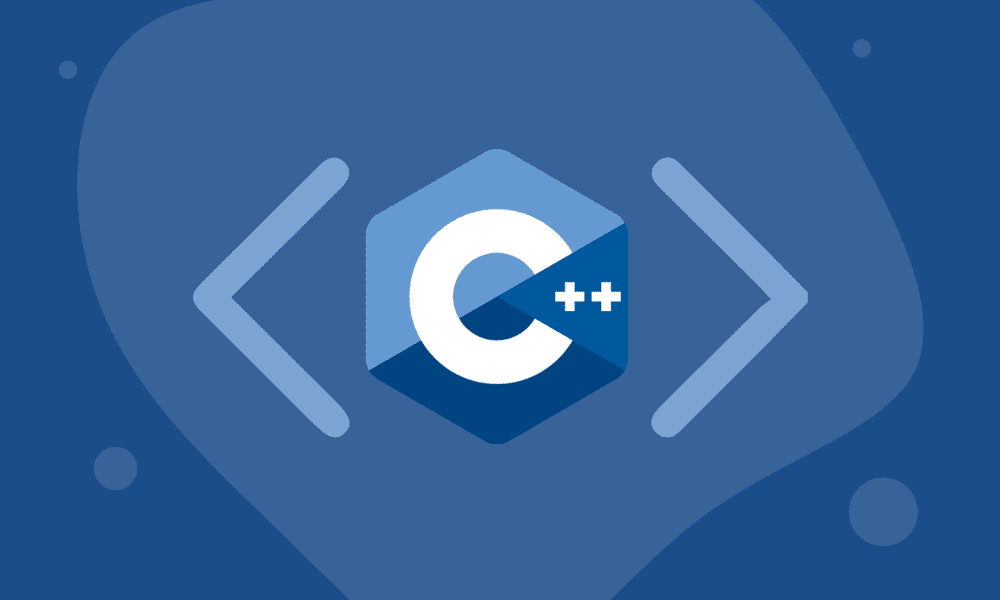
This programming language is considered to be one of the best for Android app development because it offers an easy-to-use syntax and is extremely fast. C++ is also used in other industries like game development, machine learning, and desktop applications.
Furthermore, Swift was designed by Apple as a successor to Objective-C, which was heavily influenced by C++. This language can be used for both Android and iOS app development and has many features that make it perfect for creating intuitive interfaces.
Tools are available online or through your Android phone that can help you install these languages on your device to get started today!
Pros
C++ is a programming language that has been around since 1979 and still remains popular because it can be compiled for a number of different platforms.
It’s also one of the fastest languages for Android app development because it uses less RAM. Additionally, it’s one of the most widely used languages for mobile app development.
Java is a general-purpose computer programming language that was first released in 1995 by Sun Microsystems. It’s an object-oriented language with strong support from various libraries which makes it easier to develop apps.
Swift is a compiled programming language that was introduced by Apple in 2014 as their new open-source programming language. Swift is designed to work with Cocoa and Cocoa Touch frameworks and offers seamless integration with Xcode which makes coding easier and more intuitive. Objective-C is a general-purpose object-oriented coding language that was created in the 1980s by Brad Cox and Tom Love for use on Smalltalk-80 systems.
Cons
C++ is one of the most difficult programming languages to learn. It’s also an old programming language with many versions, each with different syntaxes. This can be a major setback for Android app developers who are just starting out. Regardless, C++ is still used in the industry by established experts.
You can find out another language in the list below:
4. C#
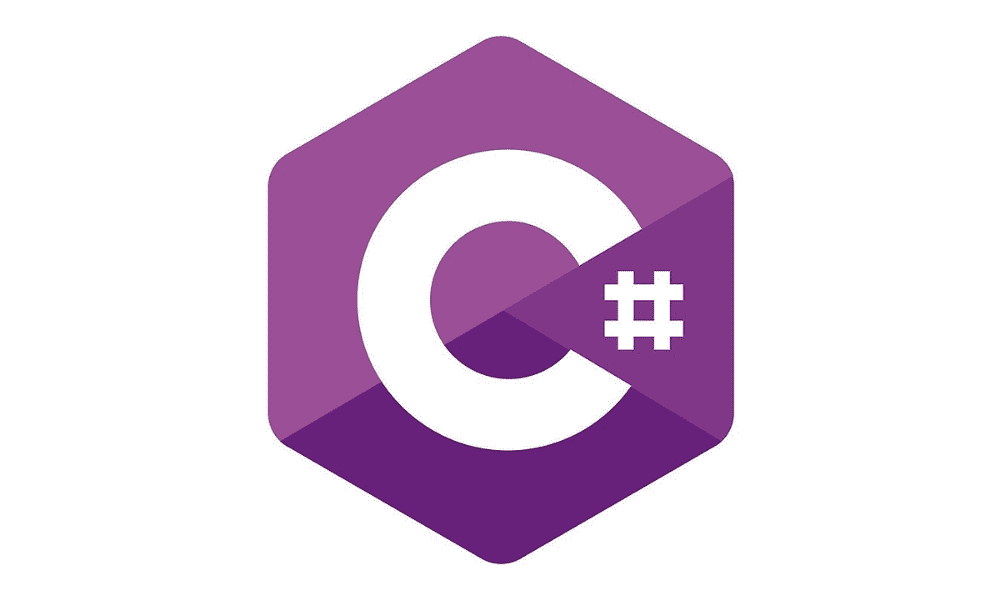
Developed by Microsoft as an evolution of the C and C++ languages. It was designed to be a powerful, modern programming language for use in the development of desktop, mobile, and web apps. These days, C# is one of the most popular choices for Android app developers thanks to its simplicity and power.
C# was developed to allow developers to write their programs in a simple and precise manner that can be easily read and understood by other programmers. With this simplified syntax, it’s easy for anyone to start writing code without having significant knowledge about different codes.
Another major reason why C # is popular among app developers is that Microsoft provides tools for all stages of the development process. This includes IDEs like Visual Studio Community Edition which provides you with all the features you need to develop your app from start to finish without any additional purchases or downloads required.
Pros
C# is a strong, object-oriented programming language that was developed by Microsoft. It operates on the Common Language Runtime which means it can be used on multiple platforms. C# is one of the most popular choices for Android app developers because of its versatility and ability to be cross-compiled to run on any platform.
C# is an object-oriented programming language which means it’s more focused on classes and objects rather than functions or procedures. One of the benefits of this is that there are no undefined values, which makes it easier for programmers to debug their code by providing them with more information about where they need to look for errors.
Cons
C# has been the go-to programming language for various software projects since it was first introduced in 2000. It is also one of the most widely used coding languages with around 12 million developers in the world.
However, it’s not without its faults. C# is a statically typed programming language which means that variables, methods, and other components are fixed when they’re created. This can be helpful in some ways because you know exactly what you’re getting when you create something but can also mean that your code may not be as flexible. A programmer may have to write more lines of code to get the same result which could be taxing on their time and lead to errors in coding due to fatigue.
5. Dark (the newest Android app development language)
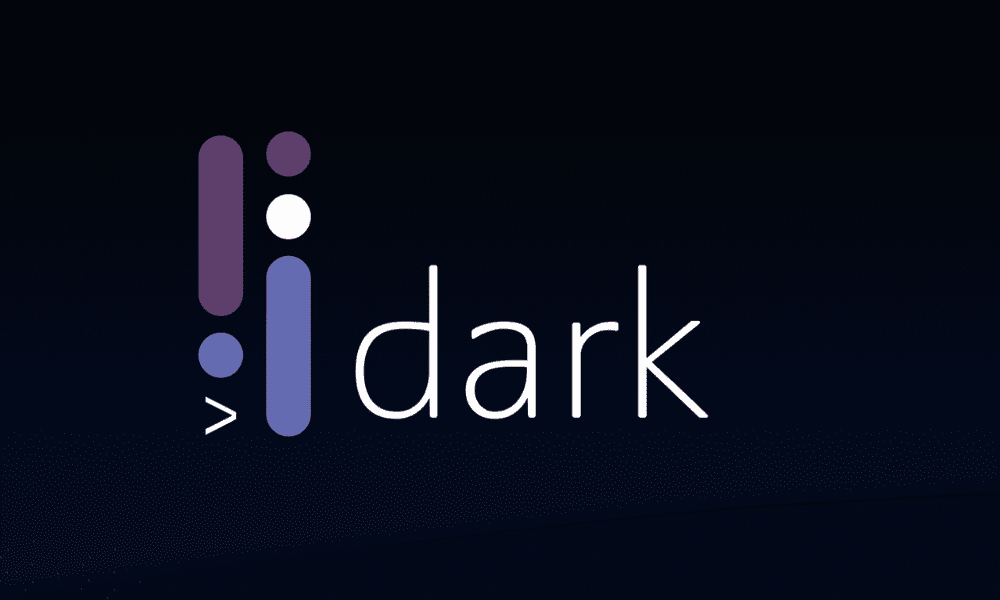
“Dark is a trending programming language for the Java Virtual Machine (JVM). It was originally developed at Facebook as an experimental tool for doing research on software performance. It was designed to be used together with the open-source Datalog big data analysis language, but Dark is not limited to this use case.” What is Dark and why does it matter? Read more here
Pros
Dark is one of the best game development software tools. So, developing in the Dark programming language (DARK) is ideal for quick prototyping and the creation of games. It’s easy to use, offers a fast learning curve, and is designed for rapid development.
The best part of DARK is that it enables developers to work with multiple technologies like HTML5, JavaScript, and C++. This makes it possible to build anything from simple apps to sophisticated games.
Cons
While Dark is one of the newest languages for Android app development, it has a lot of potential. It’s based on Kotlin, which is one of the most popular choices for Android app developers.
The cons to using Dark are that it’s only available on Android Studio 3.0 and higher. This means that if you’re not using this particular version or higher, then Dark will be unavailable to you.
Additionally, while there are many positives to using Dark, it lacks some of the features that other languages offer. For example, it doesn’t have any libraries yet so if you need any kind of library for graphics or networking then dark may not be available to you at this time.
However, these are just small negatives in comparison to the pros of Dark.
6. Python
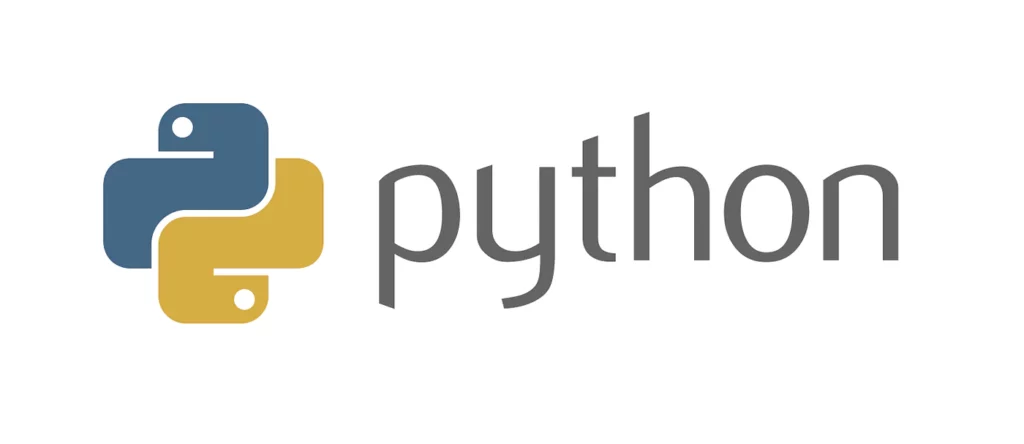
Python, a high-level, interpreted, and object-oriented programming language, is one of the top choices for web app development. Guido van Rossum created it in 1991, and since then, it has gained immense popularity in the programming world.
Pros
Android app development languages, Python offers a host of advantages. Its syntax is intentionally designed for readability and simplicity, making it an excellent choice for beginners. With Python, developers can achieve greater efficiency, accomplishing more with fewer lines of code.
Python’s flexibility is another standout feature, as it supports multiple programming paradigms – procedural, object-oriented, and functional. This adaptability empowers developers to choose the approach that best suits their project.
One of Python’s most compelling attributes is its extensive range of applications. It’s not confined to just Android app development but extends to web development, data analysis, machine learning, AI, and more. This versatility makes it a versatile tool for various projects.
Furthermore, Python boasts a robust community and a thriving ecosystem of libraries and frameworks. This means that developers have easy access to a wealth of resources and support when working with Python for Android app development.
Cons
While Python offers many advantages for Android app development, there are also some limitations to consider. Python’s execution speed tends to be slower compared to languages like C or Java, which can affect performance in certain scenarios.
One noteworthy drawback is that Python is not commonly used for mobile app development. It may not be the best choice if your primary focus is on creating Android apps, as other languages are more commonly preferred in this context.
Additionally, Python’s flexibility and ease of use come at the cost of higher memory consumption. This means that applications developed in Python may require more memory resources compared to apps built with other languages.
Furthermore, Python is not commonly used in the browser environment. It is predominantly utilized on the server-side, which may limit its applicability for certain web-based projects.
7. JavaScript
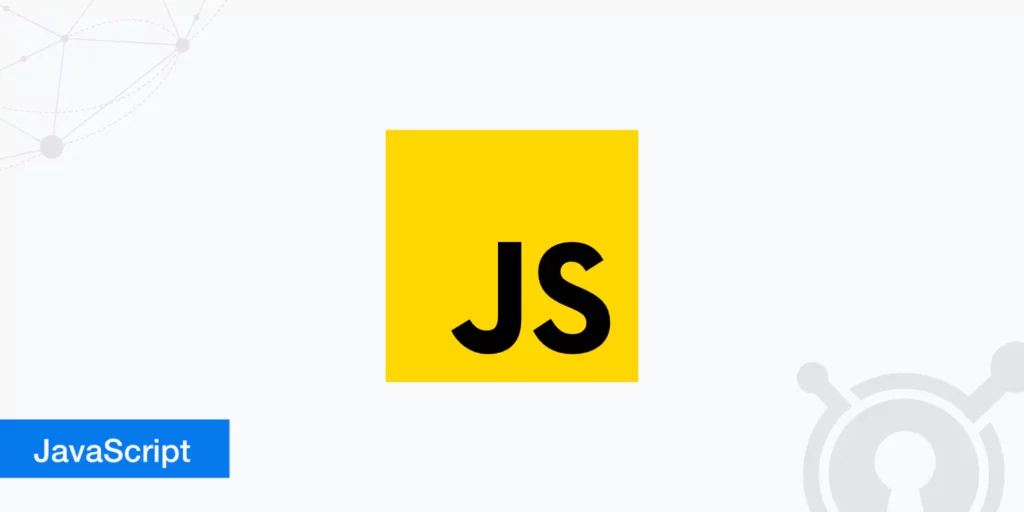
JavaScript, a lightweight and interpreted programming language, plays a pivotal role in the development of network-centric applications. Originally conceived by Netscape, JavaScript boasts a syntax reminiscent of C, making it familiar to many developers.
Pros
JavaScript brings several advantages to the table for Android app development in 2023. Its speed is a standout feature, as it executes within the client’s browser, resulting in swift and responsive user experiences.
Furthermore, JavaScript offers simplicity in terms of syntax, making it relatively easy to grasp, especially when compared to more complex languages like C++. This accessibility makes it an attractive choice for developers looking to quickly get up to speed.
JavaScript’s popularity is another key benefit. It is pervasive across the web and, with the introduction of Node.js, has gained traction on the backend as well. This ubiquity provides developers with a vast community and resources to draw from.
Interoperability is another strong suit of JavaScript. It can seamlessly integrate into various applications, thanks to support in languages like Perl and PHP. This versatility allows developers to harness its power in diverse projects.
From a server load perspective, JavaScript’s client-side execution reduces demands on servers, contributing to efficient performance. Additionally, it enables the creation of rich user interfaces, including features like drag-and-drop and interactive components like sliders.
Developers can extend web page functionality by writing JavaScript snippets for third-party add-ons, enhancing user experiences. The versatility of JavaScript is further exemplified through Node.js servers, offering a wide range of use cases.
Lastly, JavaScript benefits from regular updates by ECMA International, ensuring that the language remains current and equipped with the latest features and improvements.
Cons
However, it’s important to consider certain drawbacks when using JavaScript for Android app development in 2023. One concern is client-side security. Since JavaScript code executes on the client-side, vulnerabilities or mistakes in the code can potentially be exploited for malicious purposes, making security a crucial aspect to address in development.
Another challenge arises from varying browser interpretations of JavaScript code. While server-side scripts consistently produce the same output, different browsers may interpret JavaScript differently. This can lead to compatibility issues and the need for extra testing and adjustments to ensure a consistent user experience across various platforms.
8. HTML/CSS
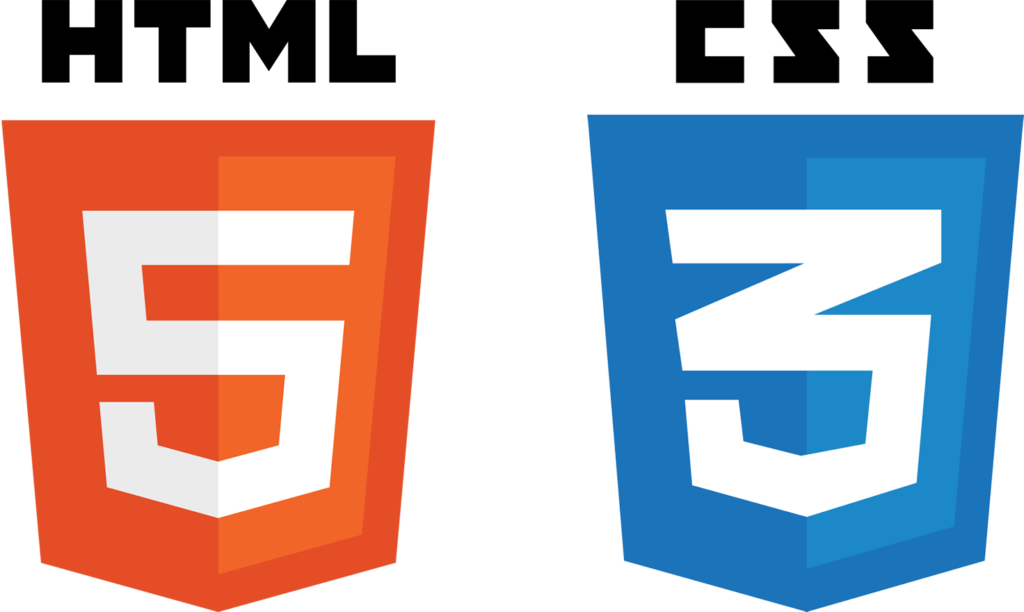
HTML, or HyperText Markup Language, serves as a fundamental component in Android app development for 2023. It’s a markup language specifically designed to define the structure of webpages. Through the use of tags, developers can describe various elements within a document, including text and images. These tags assign properties to different page elements, such as images, paragraphs, lists, and headings, forming the core framework of any website. Developers rely on HTML not only to structure content but also to control the layout and formatting of web documents.
Complementing HTML, there is CSS, or Cascading Style Sheets, which plays a pivotal role in enhancing the visual appeal and presentation of web pages. This simple design language empowers web developers to make web pages more visually attractive and presentable. It achieves this by allowing developers to separate the content of a document from its presentation and the programming elements, such as fonts, layouts, and colors. CSS’s versatility enables developers to apply a wide range of formatting and design techniques to create compelling webpages.
Pros
HTML and CSS offer numerous advantages in Android app development for 2023. Their simplicity stands out, with HTML providing a straightforward syntax that is easy to learn. CSS complements this simplicity by enabling styles to be defined once and applied multiple times, enhancing efficiency and consistency.
Consistency is a key benefit of using CSS. It ensures that styles are consistently applied across various sites, providing a uniform and professional appearance.
Efficiency is another advantage, as CSS allows web designers to achieve desired styles with fewer lines of code, which, in turn, improves site speed and performance.
Moreover, CSS simplifies website development and maintenance. A single change in one line of code can affect the entire website, streamlining updates and reducing the potential for errors.
In today’s landscape of diverse smart devices, CSS’s device-friendly nature is crucial. It ensures that design changes adapt seamlessly to various screen sizes and resolutions, accommodating the increasing use of different devices to access websites.
Cons
There are some drawbacks to consider when working with HTML and CSS in Android app development for 2023. One notable challenge is browser compatibility. What works seamlessly in one browser may not always function as expected in another. Consequently, web developers need to invest time in extensive testing to ensure compatibility across multiple browsers, adding complexity to the development process.
Another aspect to be mindful of is the learning curve. The programming language landscape can be daunting for non-developers and beginners, requiring a considerable effort to acquire the necessary skills and knowledge to work effectively with HTML and CSS.
When it comes to CSS, there are limitations in controlling the layout of webpages. While CSS offers substantial control over styling, it may not always provide the level of precision required for complex layouts.
Additionally, CSS lacks support for variables and arithmetic operations, which can limit its functionality in certain scenarios, particularly when dynamic behavior is needed.
Furthermore, CSS has specificity and inheritance issues that can make it challenging to apply styles precisely as intended, potentially leading to unexpected results.
9. Dart
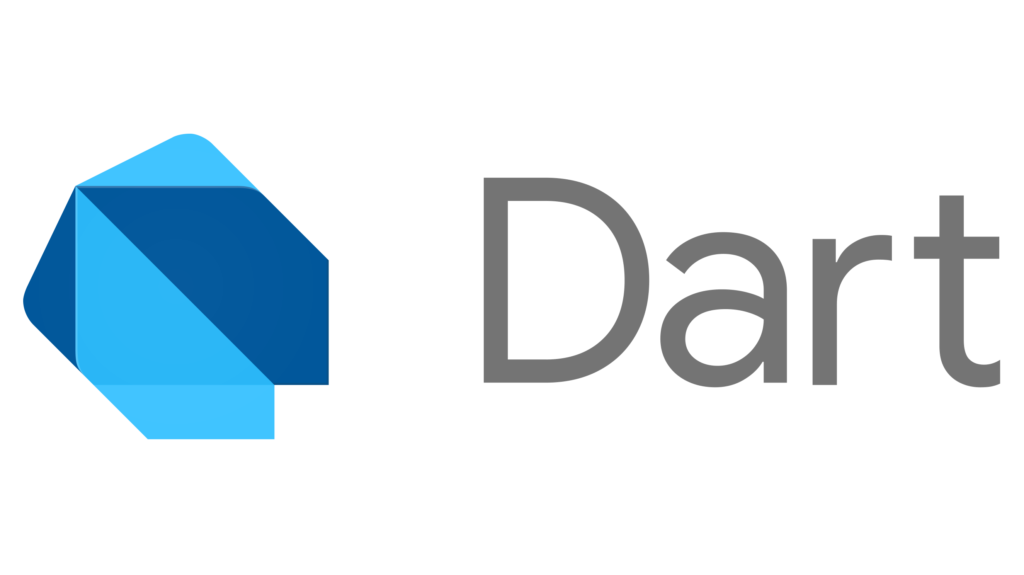
Dart, an open-source programming language developed by Google, has gained prominence in Android app development for 2023. It made its debut at the GOTO conference in Denmark in 2011, with support for both client and server-side application development.
One of Dart’s key strengths is its versatility. It is widely utilized in the development of Android and iOS apps, as well as Internet of Things (IoT) applications and web applications using the Flutter Framework. This broad range of applications positions Dart as a valuable asset in the world of Android app development.
In terms of syntax, Dart bears a striking resemblance to well-established languages like Java, C, and JavaScript. This familiar syntax eases the learning curve for developers, enabling them to adapt quickly to Dart’s dynamic, object-oriented nature.
Dart also boasts features such as closures and lexical scope, enhancing its capabilities for developers. It provides the flexibility required for modern app development while offering a sense of familiarity to those with experience in related languages.
Pros
Dart offers several advantages in Android app development for 2023, making it a compelling choice for developers. One notable benefit is the ability to use a single language for full-stack development, especially when paired with Flutter for the front end. This streamlines the development process, reducing the need for multiple languages and enhancing code consistency.
Speed and performance are among Dart’s strengths. It is known for its efficiency and quick execution, contributing to a smooth user experience in Android applications.
Scalability is another advantage of Dart. It can handle large and complex applications, providing the flexibility needed for projects of varying sizes.
Dart’s built-in support for asynchronous programming is crucial for web development, allowing developers to efficiently manage tasks that may run concurrently, enhancing application responsiveness.
Moreover, Dart boasts a strong type system, which can help prevent bugs by catching type-related errors during development, leading to more robust and reliable Android applications.
Cons
It’s essential to consider some limitations when using Dart for Android app development in 2023. One drawback is the availability of third-party libraries, which is relatively limited compared to other languages. This can lead to challenges when seeking specific functionalities or integrations that may not have readily available libraries.
Another aspect to be aware of is the size of Dart’s community. It is smaller in comparison to communities of other languages, potentially resulting in fewer resources, tutorials, and support.
Furthermore, Dart is a relatively new language, and while it offers robust features, it may not yet encompass all the capabilities found in more mature languages. Developers may encounter some limitations or find certain features lacking when compared to older and more extensively developed languages.
10. Corona
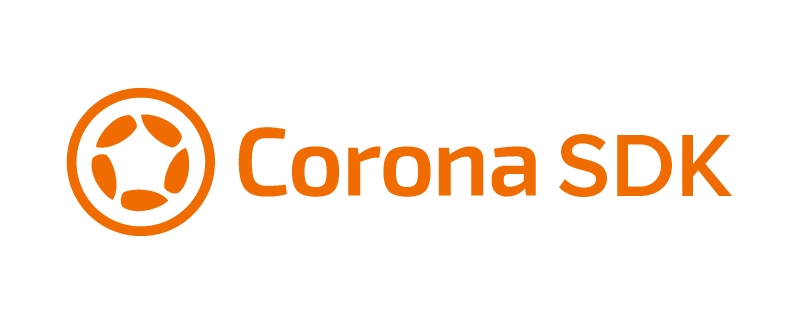
Corona is a cross-platform framework highly regarded in the realm of Android app development for 2023. This versatile framework empowers developers to create both 2D games and applications with remarkable ease and efficiency.
Pros
Corona offers several advantages in the field of Android app development for 2023. One of its notable strengths is its ease of learning, as it utilizes the Lua programming language, which is simpler to grasp. This accessibility makes it an attractive choice for both beginner and experienced developers.
Another compelling feature of Corona is its ability to facilitate fast development. Changes made during development can be seen in real-time, resulting in a shorter code-to-device time. This real-time feedback loop enhances the development process, enabling developers to iterate quickly and efficiently.
Corona benefits from a thriving and engaged developer community. This strong and active community provides a valuable support network, with developers sharing knowledge, resources, and solutions, enhancing the overall development experience.
Furthermore, Corona SDK is free of charge, making it an economical choice for developers. This accessibility allows developers to explore and utilize its features without financial constraints.
Cons
There are certain limitations to consider when using Corona for Android app development in 2023. Notably, Corona is primarily for 2D game development and may not be suitable for creating complex 3D games. Developers aiming to create advanced 3D gaming experiences may need to explore alternative frameworks better suited to their needs.
Another consideration is that Corona SDK relies on an internet connection for building applications. This internet dependency can pose challenges in situations where a stable internet connection is not readily available, potentially impacting the development workflow.
Additionally, while Corona offers a rich set of features, there may be some device-specific features that it does not support. Developers targeting specific device capabilities or functionalities may need to evaluate whether Corona aligns with their project requirements.
Conclusion
The process of selecting the most suitable language for Android app development in 2023 is a crucial decision that requires careful consideration. At Designveloper, we recognize the complexity of this choice and offer valuable tips to guide you through this challenging task.
First and foremost, your choice should align with your project’s specific requirements. Different languages excel in various areas, so understanding the nature of your app, whether it’s a game or a business application, is essential.
Considering the language’s popularity and the strength of its community support is another vital aspect. Languages with robust communities often provide a wealth of resources and third-party libraries, accelerating development time.
Performance is a critical factor, particularly for apps requiring significant processing power. Some languages are known for their speed and efficiency, making them a better fit for performance-intensive applications.
Lastly, if cross-platform development is on the horizon, exploring languages like Flutter/Dart or React Native/JavaScript can be a strategic choice, enabling you to release your app on multiple platforms seamlessly.
Designveloper is excited to help you jump on board with the latest technology, so call us today! We provide all of the services needed for any size business and more. Our web development service includes web design, mobile application design and consulting, and more. Please give our team a call if you want an estimate or just some advice on how we can help your company in this new field!
